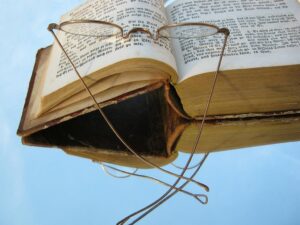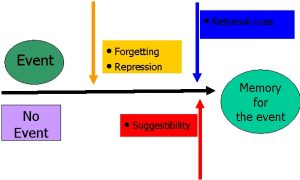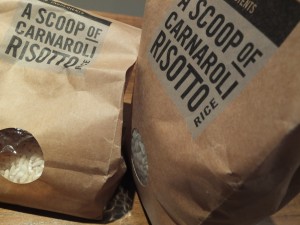 There are cultures in which age, experience and seniority are acknowledged and valued. The elders of such societies are, by and large, respected and taken seriously; their advice being much sought after and their wisdom cherished.
There are cultures in which age, experience and seniority are acknowledged and valued. The elders of such societies are, by and large, respected and taken seriously; their advice being much sought after and their wisdom cherished.
In other cultures old geezers are regarded as merely being a nuisance and a ball and chain upon the ankles of the coming generations. These older folk are – often as not – the butt of all manner of jokes, particularly as they grow older and become more forgetful.
Who hasn’t fallen about laughing at the old codger who can’t find his (or her) glasses – only to to be informed by the mocking youths that he (or she) is actually wearing same upon his (or her) head!
Laugh? I nearly didn’t!
So – a few weeks back The Girl and I both had our own experiences of this phenomenon.
One day The Girl could not find her glasses – in spite of having just recently been using them. I helped her to look for them, carefully minimizing the application of such unhelpful queries as “Where did you last have them?“. We looked everywhere – particularly around our drawing room, where she was sure that she had recently been using them. Her glasses were nowhere to be seen… just mine – sitting on one of our coffee tables.
It was I that found them. They were perched on top of my head! I had picked her glasses up, mistaking them for mine – and put them straight onto my head.
No chuckling there at the back, there…!
Scarcely a couple of days later I couldn’t find my glasses – just as I was about to drive into College to lead a class. I could have sworn that I had been using them just a few moments before, but upon preparing to leave I could not find them anywhere. I searched all the obvious places three times, before breaking out a spare pair and heading off to work. When I returned from college and started to disrobe – the glasses – to my surprise – suddenly fell to the floor.
What happened was this… I was wearing a hooded sweat shirt. When I put on the sleeveless jacket that I often wear outside these days, I flipped up the hood to accommodate it. The glasses had clearly been on the top of my head already and when I lowered the hood again the glasses went with it. They had been with me all of the time in College – tucked into the hood. When I reversed the procedure upon returning home they fell out at the appropriate point.
Well – even I had to laugh at this…
Getting older – eh? What’s that all about?






Recent Comments